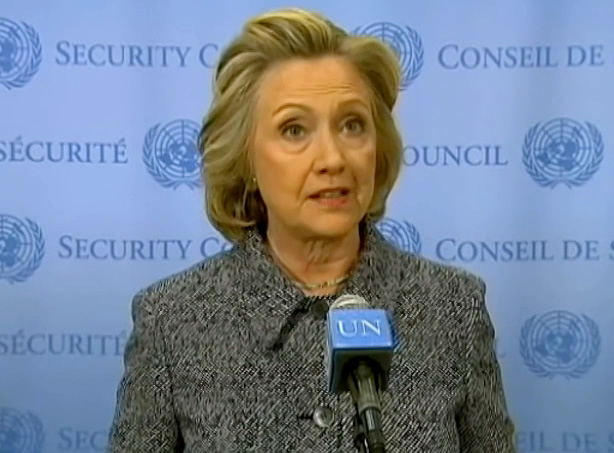FBI’s Handling of Clinton Email Investigation Under Scrutiny: Senator Grassley Speaks Out
Overview of the Controversy
In recent developments surrounding former Secretary of State Hillary Clinton’s private email server, Senate Judiciary Committee Chairman Charles Grassley has raised significant concerns regarding the adequacy of the FBI’s investigation. During a press conference, Grassley released previously classified documents, which he claims highlight deficiencies in the investigation’s approach and execution.
Key Allegations by Senator Grassley
Grassley asserts that the FBI’s handling of the Clinton email investigation was fundamentally flawed, stating:
"Under Comey’s leadership, the FBI failed to perform fundamental investigative work and left key pieces of evidence on the cutting room floor."
Major Points of Criticism:
- Incomplete Investigation: Grassley contends that the FBI did not thoroughly investigate the implications of Clinton’s private server on national security.
- Negligence: He describes the FBI’s methods as "negligent" and potentially deliberate, contrasting them with the aggressive tactics employed during the investigation into alleged Trump-Russia collusion.
Documents Released: What They Reveal
The 31-page document annex revealed by Grassley contains heavily redacted files and illuminates crucial areas where the investigation allegedly fell short:
- Thumb Drives Unexamined: Investigators reportedly failed to comprehensively review five important thumb drives that could contain pertinent information related to Clinton’s email practices.
- Communications Overlooked: The documents indicate that communications between then-DNC Chairwoman Debbie Wasserman Schultz and George Soros’s Open Society Foundation were not examined.
Key Findings:
- Source "T1": A document claims a source known as "T1" provided eight thumb drives to the Justice Department and FBI, which included:
- FBI operational communications
- Data from the Executive Office of the President
- Communications from the Department of State
Grassley alleges that legal teams within the FBI did not pursue a thorough review of these materials, citing executive and congressional privilege concerns.
Context: The Political Landscape
The scrutiny of the FBI’s actions under James Comey has been a contentious issue, particularly among critics of the agency and supporters of former President Donald Trump. Grassley’s remarks bring back into focus the ongoing debates about the politicization of intelligence and law enforcement during previous administrations.
Relation to Broader Investigations
-
Russiagate: The Clinton email investigation is often discussed alongside other high-profile probes, such as the “Russiagate” investigation and controversies surrounding Jeffrey Epstein. Critics within the MAGA movement have pointed to a lack of accountability in these cases.
- Declassified Reports: Recently, Tulsi Gabbard, the Director of National Intelligence, also declassified documents revealing alleged political bias in the “Russiagate” probe, claiming that U.S. intelligence had determined that Russia did not significantly impact election outcomes.
Conclusion: Ongoing Investigations and Implications
The revelations from Grassley and the newly declassified documents raise critical questions about the FBI’s investigatory practices and the potential implications for national security. The continued exploration into the Clinton email server saga, alongside scrutiny of various investigations initiated during previous administrations, highlights a persistent narrative of accountability and transparency that remains at the forefront of American political discourse.
For more detailed reading, visit the links to the Senate Judiciary Committee and the FBI’s Official Website for insights on their current investigations and disclosures.


